Understanding the 100 Ton Injection Moulding Machine
The 100 ton injection moulding machine is a pivotal component in the manufacturing sector, designed to shape plastic products with precision and efficiency. This category of machinery is integral for producing a vast array of items, from intricate electronic components to robust automotive parts.
Technical Specifications and Features
Injection moulding machines with a clamping force of 100 tons are engineered to meet diverse industrial needs. They feature advanced single-cylinder systems with servo-valves, ensuring rapid and consistent operation. The specialized screw design enhances plasticizing capacity, optimizing shot weight and speed for various applications.
Applications Across Industries
These machines are versatile, catering to sectors such as consumer electronics, pharmaceuticals, food and beverage, and automotive. They are adept at creating thin-wall containers, caps, pails, and an array of PVC pipe fittings, showcasing their adaptability across different manufacturing requirements.
Construction and Durability
The robust construction of the injection molding machine 100 ton price category ensures longevity and resistance to wear. The steel bush in the clamping unit is innovatively designed to minimize wear resistance, which in turn reduces the need for frequent lubrication, offering cost savings in maintenance.
Capacity and Performance
With clamping forces ranging from 2,000 kN to 13,000 kN, these machines are built to withstand significant machining forces. The ferromatik milacron 100 ton price class machines exemplify this strength, ensuring that the exact clamping force needed for specific tasks is achieved without excess energy consumption.
Environmental and Economic Efficiency
The efficiency of the 100 ton injection moulding machine price units is not just measured in output but also in their environmental impact. The precision in operation leads to a reduction in material waste, while the energy-saving design contributes to lower production costs and a smaller carbon footprint.



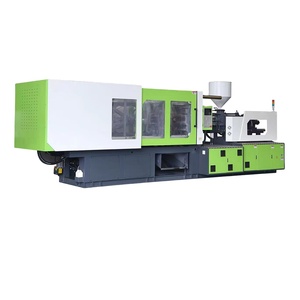





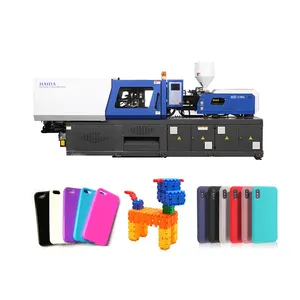
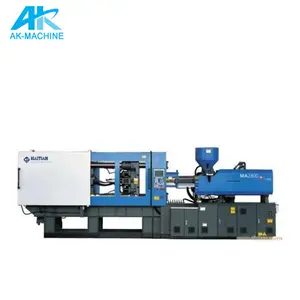
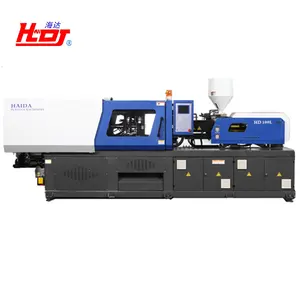
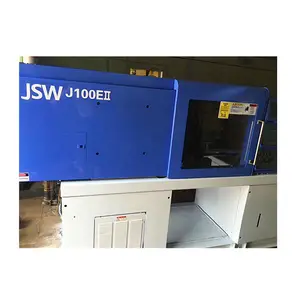





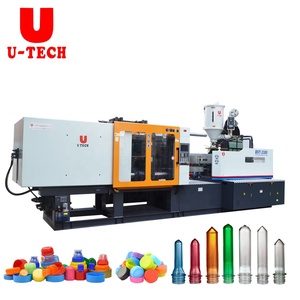



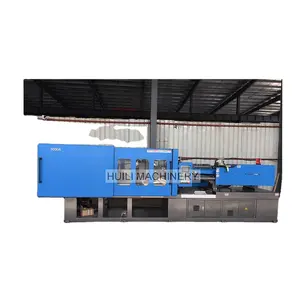







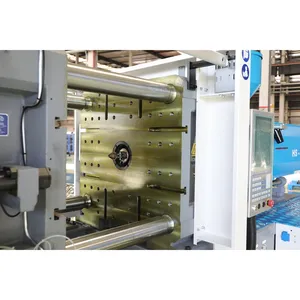
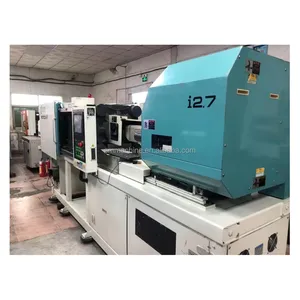
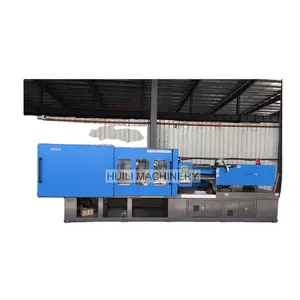
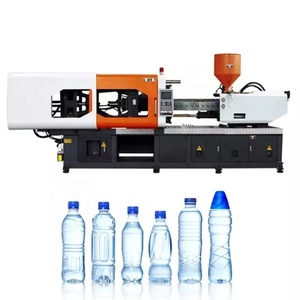




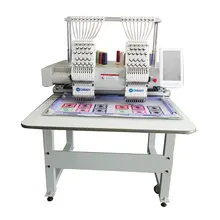
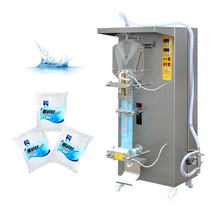



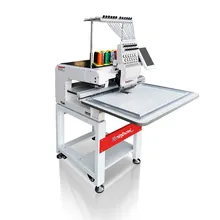


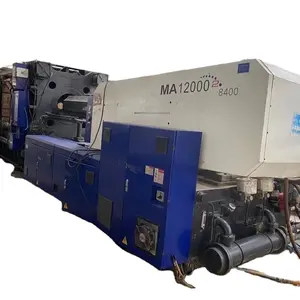

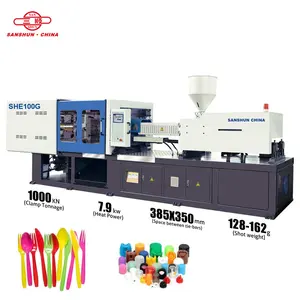
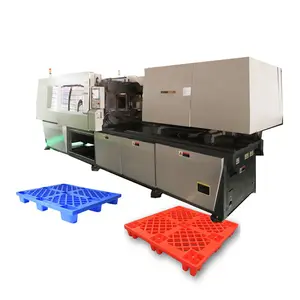

























 浙公网安备 33010002000092号
浙公网安备 33010002000092号 浙B2-20120091-4
浙B2-20120091-4